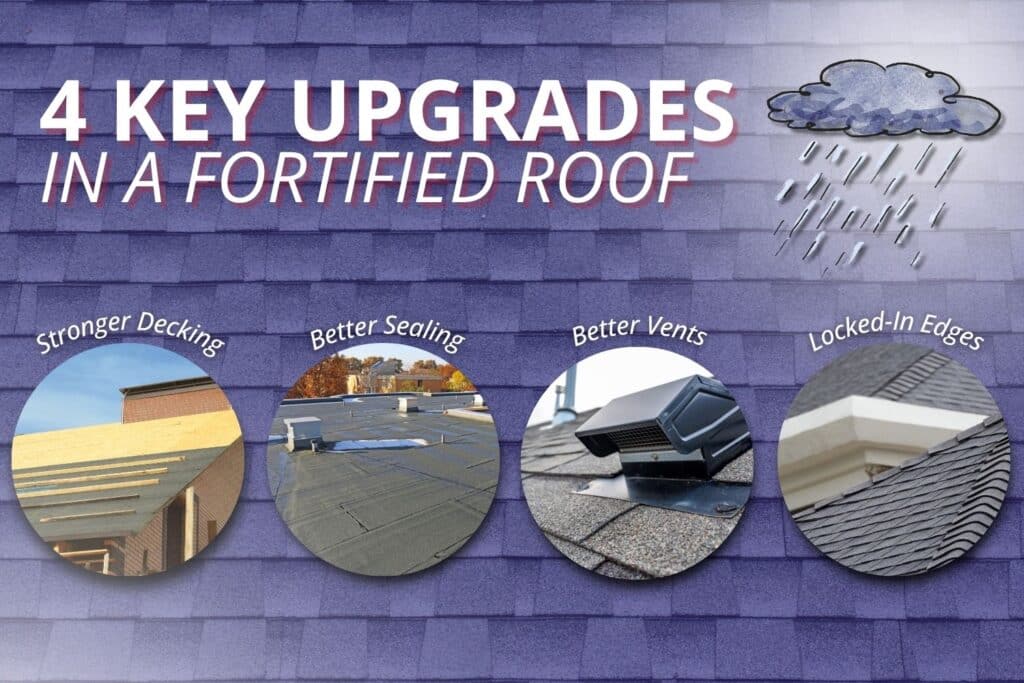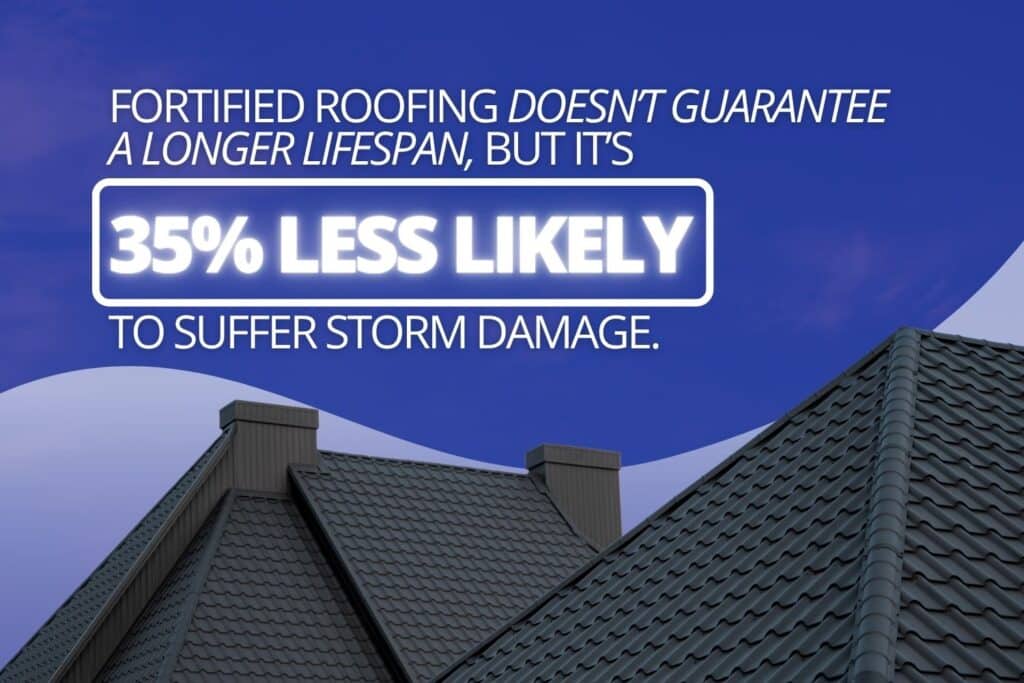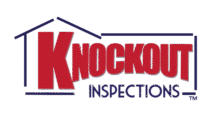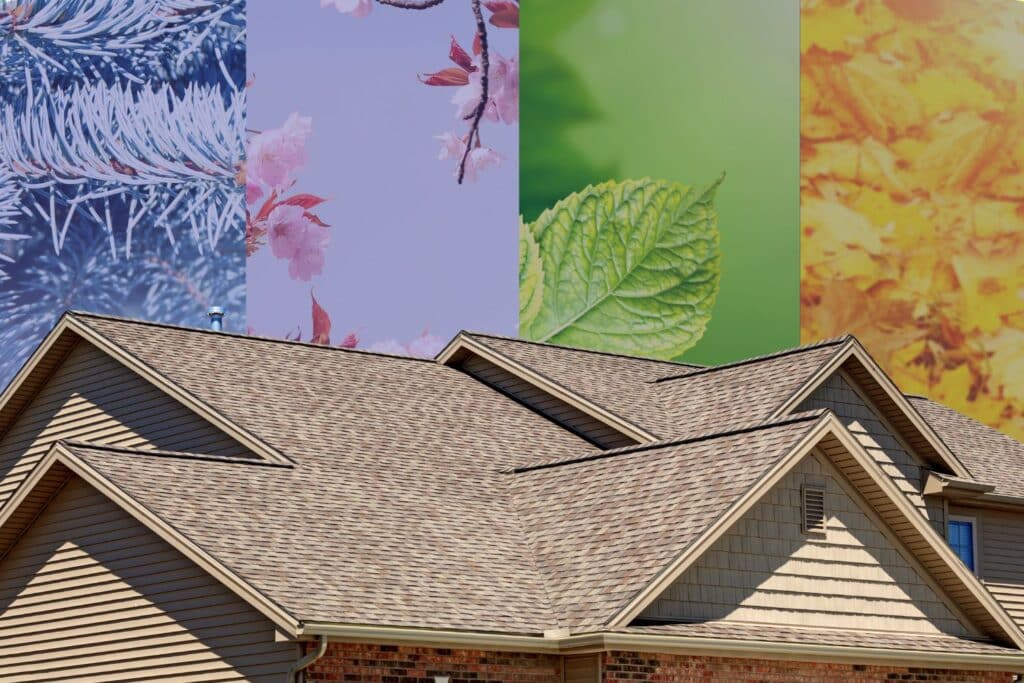Your home’s roofing shields you from heavy rain, scorching heat, and high winds. Still, no roof will last forever. Homeowners often ask how long theirs should last and what upgrades can extend its lifespan. The answer depends on the roofing material, local climate, and how well the system is installed and maintained.
In the Gulf Coast and Southeast, where hurricanes and severe storms are common, roof life is often shorter than in calmer climates. That is why more homeowners are turning to the FORTIFIED Roof Program, a system of stronger building standards designed to protect homes.
Average Lifespan of a Standard Roof
The life expectancy of a roof depends largely on its materials:
- Asphalt shingles: 15 to 25 years (most common)
- Metal roofing: 40 to 70 years
- Tile roofing: 50 years or more
- Wood shingles or shakes: 20 to 30 years
According to the National Association of Home Builders (NAHB), the average asphalt shingle roof lasts around 20 years under normal conditions. But “normal” does not always apply to certain states, where hurricanes, salt air, and high humidity cause roofs to wear out faster.
Other factors that shorten lifespan:
- Poor installation practices
- Lack of ventilation or insulation in the attic
- Heavy storm damage left unrepaired
- Frequent exposure to strong UV rays
This is why two houses with the same type of roofing may have very different lifespans.
What Makes a Roof FORTIFIED?

The FORTIFIED Roof Program, created by the Insurance Institute for Business & Home Safety (IBHS), sets higher construction standards than typical building codes. Its goal is not only to make roofs last longer, but to keep them intact during the extreme weather that often damages standard roofs.
Key features of FORTIFIED roofing…
- Stronger edges to prevent wind from lifting shingles or panels
- Sealed decking that blocks water intrusion even if shingles are torn off
- Improved fasteners, such as ring-shank nails that grip wood more securely than smooth nails
- Upgraded flashing and ventilation that limit weak spots where water can seep in
A FORTIFIED roof must be inspected and certified to receive official designation. In many states, this certification can lower insurance premiums and increase a home’s resale value.
Lifespan of a FORTIFIED Roof
FORTIFIED status does not guarantee a longer lifespan in years compared to a standard system of the same material. An asphalt shingle FORTIFIED roof may still need replacement in 20 to 25 years, just like a standard shingle roof.
The difference lies in its performance and durability during severe weather.
According to IBHS research, homes with FORTIFIED roofs are 35% less likely to suffer storm damage compared to those built to standard code. By preventing leaks, water damage, and missing shingles, a FORTIFIED roof can reduce costly repairs and extend the practical usefulness of the roof system.
In other words, the material lifespan is similar, but homeowners are far less likely to face premature replacement due to storm damage.
Standard vs. FORTIFIED Roof: Key Differences
| Factor | Standard Roof | FORTIFIED Roof |
| Average lifespan | 15–25 years for shingles, longer for tile/metal | Similar by material type |
| Storm resistance | Meets local code minimums | Exceeds code, with proven performance in hurricanes |
| Water intrusion | Deck exposed if shingles fail | Deck sealed against leaks |
| Wind resistance | Vulnerable at roof edges | Reinforced edges withstand higher winds |
| Insurance benefits | No special discounts | May qualify for lower premiums |
| Inspection requirement | Local code inspections only | Independent verification for certification |
This comparison shows why many homeowners in storm-prone states choose to upgrade.
Why Roof Inspections Matter
Whether your roof is standard or FORTIFIED, regular inspections make a big difference in how long it lasts. The National Roofing Contractors Association (NRCA) recommends roof inspections twice a year (once in the spring and once in the fall) plus after major storms.
During a professional inspection, Knockout Inspections checks for:
- Missing or loose shingles
- Exposed or rusting nails
- Damaged flashing
- Signs of leaks in the attic
- Edge or seal failures
For FORTIFIED roofs, inspections are especially important during the certification process. The Knockout team provides the evaluations needed to confirm your roofing meets FORTIFIED standards, giving you peace of mind before the next storm season.

Other Related Questions People Ask
How much does a FORTIFIED roof cost compared to a standard roof?
A FORTIFIED roof usually costs more upfront because of upgraded materials and installation practices. However, many homeowners find that the savings on storm repairs and insurance premiums offset the cost.
Do I need a full replacement to get a FORTIFIED roof?
Not always. Sometimes upgrades can be done without replacement using FORTIFIED methods and materials. An inspection can confirm the best path.
Does Knockout only inspect FORTIFIED roofs?
No. We inspect all types of roofs during home inspections, but we also offer specialized services for homeowners pursuing FORTIFIED certification.
When to Call a Professional
If yours is approaching 20 years old or you notice damage after a storm, schedule a professional inspection. In Gulf Coast states, roofs face harsher conditions, and early intervention can save thousands of dollars in repairs.
Knockout Inspections offers complete inspections and guidance for homeowners interested in upgrading to a FORTIFIED system. Whether you want to know how much life your current one has left or whether your home qualifies for the FORTIFIED program, our team can help.
Conclusion
A standard roof may last anywhere from 15 to 70 years, depending on the material. But in storm-prone states, the real question is whether your home can survive the next hurricane. FORTIFIED upgrades give you that extra protection.
While the average lifespan is similar, the reduced risk of storm damage, insurance benefits, and proven durability make the upgrade worth considering. If you want to know more about your roof’s condition or whether a FORTIFIED is right for your home, contact Knockout today.

